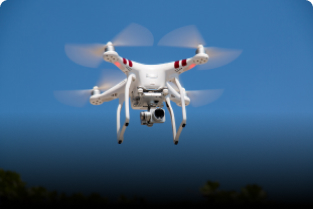Choosing the right propeller for a drone engine is essential for performance, efficiency, and flight stability. If your drone engine has 7 horsepower (HP), that’s a powerful setup typically used for heavy-lift drones, agricultural drones, or large racing drones. Selecting the proper propeller involves understanding thrust, size, pitch, and motor compatibility.
Understanding Drone Engine Power and Propellers
Horsepower (HP) measures the engine’s power output. A 7 HP engine is capable of delivering significant thrust, but the propeller choice determines how effectively that power is translated into lift and maneuverability.
Key Factors When Choosing a Propeller
-
Propeller Size (Diameter)
-
Larger propellers (e.g., 22–30 inches) are often used for powerful engines to generate more thrust.
-
Smaller propellers would spin faster but may waste energy and reduce efficiency.
-
-
Pitch Angle
-
A higher pitch (e.g., 8–12 inches) moves more air per rotation, ideal for heavy payloads or faster flight.
-
A lower pitch offers smoother control and is better for hovering or slow maneuvers.
-
-
Material
-
Carbon fiber: Lightweight, durable, and efficient—ideal for high-performance or heavy-lift drones.
-
Nylon or composite: Cheaper but less efficient at handling high power.
-
-
Motor and ESC Compatibility
-
Ensure your motor’s RPM range, torque, and electronic speed controller (ESC) can handle the chosen propeller size and pitch without overheating or overloading.
-
Suggested Propeller Options for a 7 HP Engine
-
22×8 or 24×10 carbon fiber propellers are common starting points for powerful drone engines.
-
For payload-focused drones, consider 28×8 or 30×10 for more thrust and stability.
-
Always check your engine’s thrust data sheet or run bench tests before finalizing.
Safety and Testing
-
Balance the propeller properly to reduce vibration.
-
Test under controlled conditions before flight.
-
Use a wattmeter or thrust stand to measure performance and ensure the motor and ESC aren’t overheating.
Final Thoughts
A 22–30 inch carbon fiber propeller with a pitch between 8 and 12 inches is typically recommended for a 7 HP drone engine, but exact specifications depend on your drone’s weight, frame design, and intended use. Proper testing and matching with your motor specs are essential to achieve optimal flight performance and safety.

